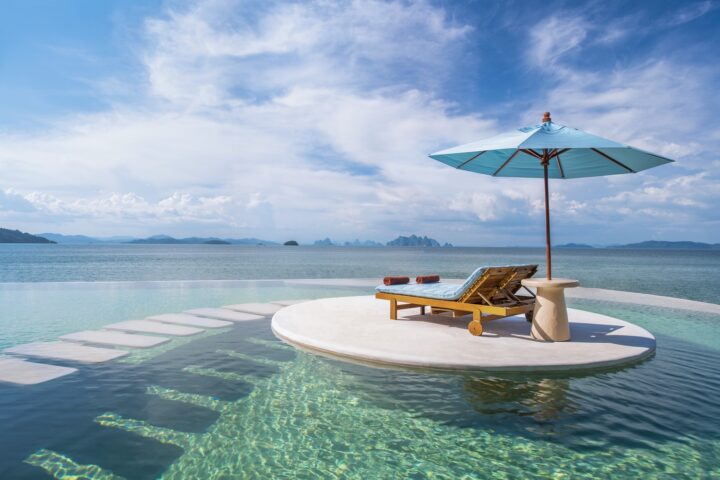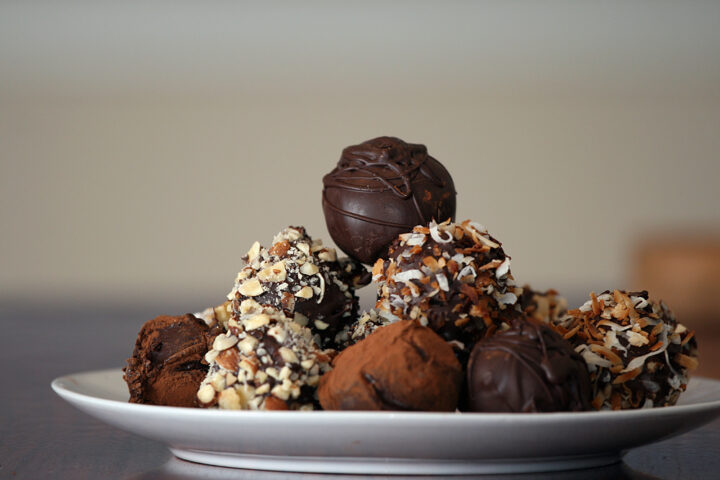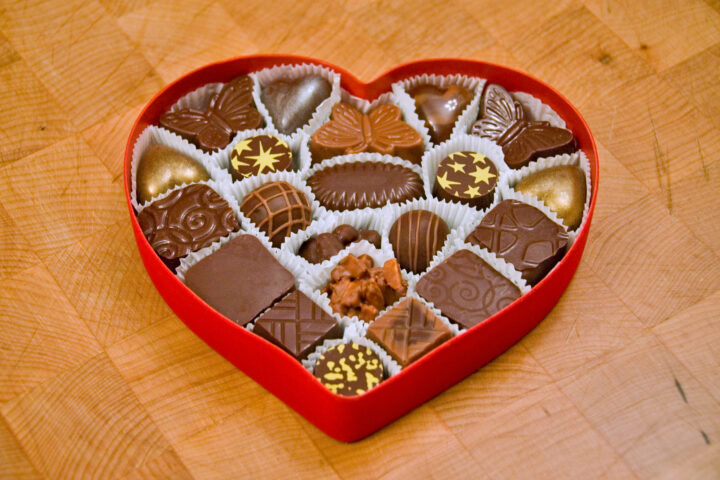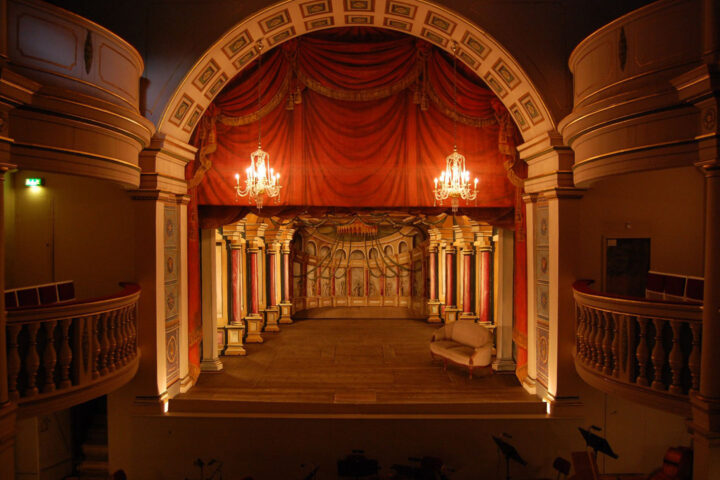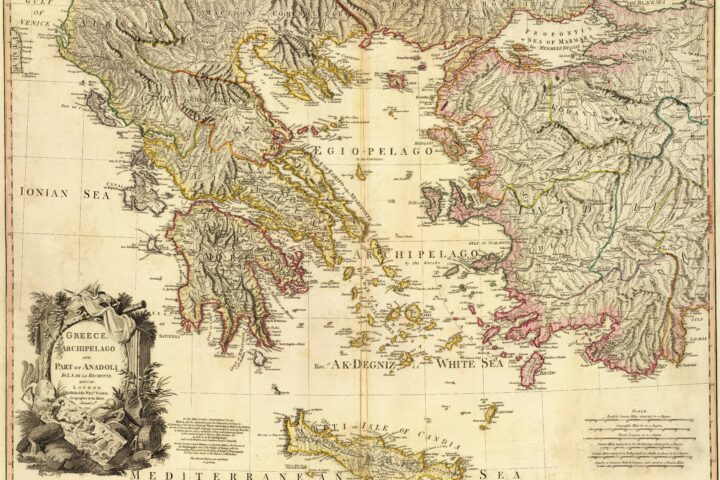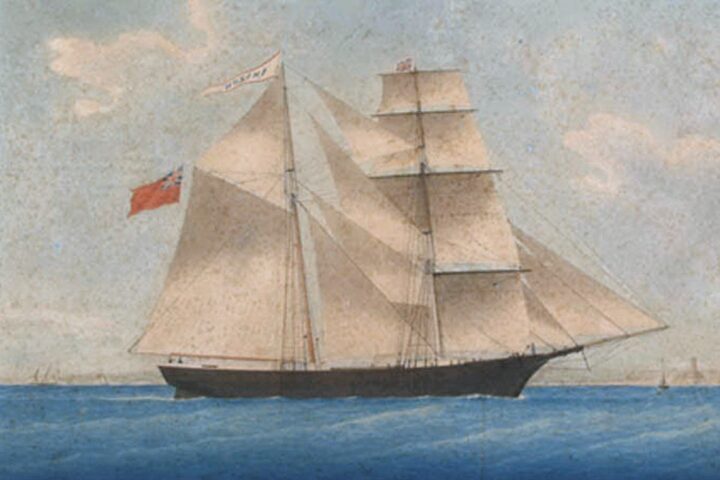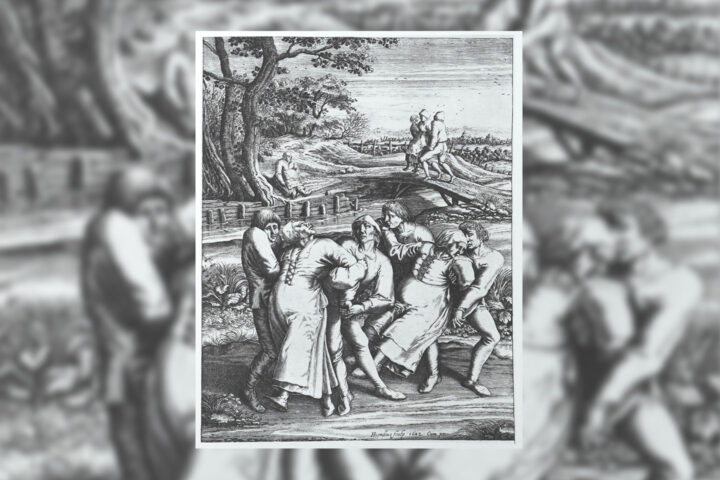Source: Luxury boats at Pearl Qatar – Doha _ #1774 _ Hafiz Issadeen _ Flickr
From high fashion clothing to high fashion cars, luxury products have made the public seek beauty, prestige, status and at times exclusivity. But why do we feel this aspiration for luxury items and what impels certain individuals to pay for items which are extremely expensive instead of buying cheaper alternatives?
It is a quest that touches on the most primal of human needs – the need for self-identity through social belonging or self-verification. This ability has seen luxuries create an allure for the buyers that goes beyond the product itself.
The Desire for Status and Social Recognition
Wealth inequalities are reflected in the luxury consumption phenomenon which is attributed to status seeking in one society. The greater the person’s wealth, the higher decline in the hierarchy of the family into the lower classes of society. Historically the possession of wealth and its’ social class has been related with ‘show off’ and luxury items were always used as a tool for discrimination.
In the late nineteenth century Thorstein Veblen, both a sociologist and economist, created the term “conspicuous consumption” and suggested that it refers to the way of demonstrating citizenship through purchasing expensive products. This tendency is so natural in people, that it may be theorized to be an instinct honed throughout their evolution where every show of resources and power came with survival benefits like social superiority or winning mates.
In today’s society, this need for status is exploited by luxury brands by adorning their products with a promise of exclusivity and prestige. High-end items typically attract the attention of consumers because they are quite rare and represent a certain class of people. Thus, for the consumer, luxury is not only a product, but the membership of an esteemed class which is depicted by that product.
The Allure of Exclusivity
The obsession with luxury consumption owes to an important factor called exclusivity. Any product’s scarcity, whether it is genuine or contrived, adds to its worth and attractiveness. That is why products that are offered in a limited number, made specifically for a client, or luxury items that are hard to come by give rise to the feeling of limited availability that people want.
From a psychological perspective, exclusivity panics the consumer with what is called the ‘scarcity effect’. People race after anything that is seen to be in short supply because they have the perception that such is worth the trouble of getting even because it is expensive. It is a behavioral trait that nearly all human beings have, and it is this trait that luxury items exploit, by making themselves scarce or providing only to the rich.
Also, the sense of ownership that comes with exclusivity acts as a differentiator. Acquisition of luxury goods becomes one of the ways in which consumers portray themselves or seek to be portrayed through the brands used.
Emotional Fulfillment
According to many consumers, the category of luxury goods is not simply a material possession; there is an emotional and psychological return on such an investment. Wearing luxury items is often seen as part of the identity of the consumer because it goes beyond clothes to the person’s beliefs, aspirations, and persona. The problem of purchasing luxury goods is not how to show off the self to the people but how the self is pleased with the object.
A number of luxury brands purport to be imbued with craftsmanship, history and artistry which would resonate with the consumers who seek meaning and authenticity in the items that they buy. Having fine watches and designer bags might create positive self-esteem or fulfillment with regards to the identity the product represents and the ideals it stands for.
This satisfies emotions which satisfy general, more within the center, or at least proximity to the center transactional tendencies of consumers. The use of some luxury products entails a use of the sense of touch as well as sight to appreciate the design and quality attributes of the items.
Brand Loyalty
Luxury brands understand how to create a wish and cultivate fidelity from the wealthiest of their consumers. By creating strong relationships that promote these sentiments of exclusivity, the brands nurture loyalty that goes beyond mere business transactions.
One of the more prevalent ways in which such brands encourage longing is through the incorporation of aspirational marketing strategies. It is a strategy that most luxury products embrace through portraying them as part of the trendsetting lifestyles through the use of famous people and events, or great art organizations.
Understanding the mindset of those who consume luxury goods is not straightforward since more often than not it goes beyond satisfaction and revolves around social, discriminatory, and expressive connotations. The world of luxury has come to understand these motives behind people’s consumption behavior and leveraged on it to produce and sell more than just goods but rather social experiences, emotional states and self-identity.
Resources
The Desire for Status and Social Recognition
- Conspicuous consumption | Economics & Social Impact | Britannica Money. (2024). In Encyclopædia Britannica. https://www.britannica.com/money/conspicuous-consumption
- Pound, C. (2020, October). What does a “life of luxury” really mean? Bbc.com; BBC. https://www.bbc.com/culture/article/20200928-what-is-a-life-of-luxury-now
The Allure of Exclusivity
- What Is Exclusivity? | Definition, Marketing Purposes & Consumer Impact. (2024, March 28). Best Social Proof & FOMO App for Your Website | WiserNotify. https://wisernotify.com/marketing-term/exclusivity/
- DeAcetis, J. (2023, December 14). The Perfect Balance: How Luxury Brands Can Maintain Exclusivity And Still Be Relatable Online. Forbes. https://www.forbes.com/sites/josephdeacetis/2020/10/24/the-perfect-balance-how-luxury-brands-can-maintain-exclusivity-and-still-be-relatable-online/
Emotional Fulfillment
- Dubois, D., Jung, S., & Nailya Ordabayeva. (2021). The psychology of luxury consumption. Current Opinion in Psychology, 39, 82–87. https://doi.org/10.1016/j.copsyc.2020.07.011
- The Emotions of Luxury. (2016). Psychology Today. https://www.psychologytoday.com/us/blog/inside-the-consumer-mind/201610/the-emotions-luxury
Brand Loyalty
- Chitrakorn, K. (2021, May 17). What the new customer loyalty looks like. Vogue Business; Vogue Business. https://www.voguebusiness.com/companies/what-the-new-luxury-customer-loyalty-programme-looks-like




